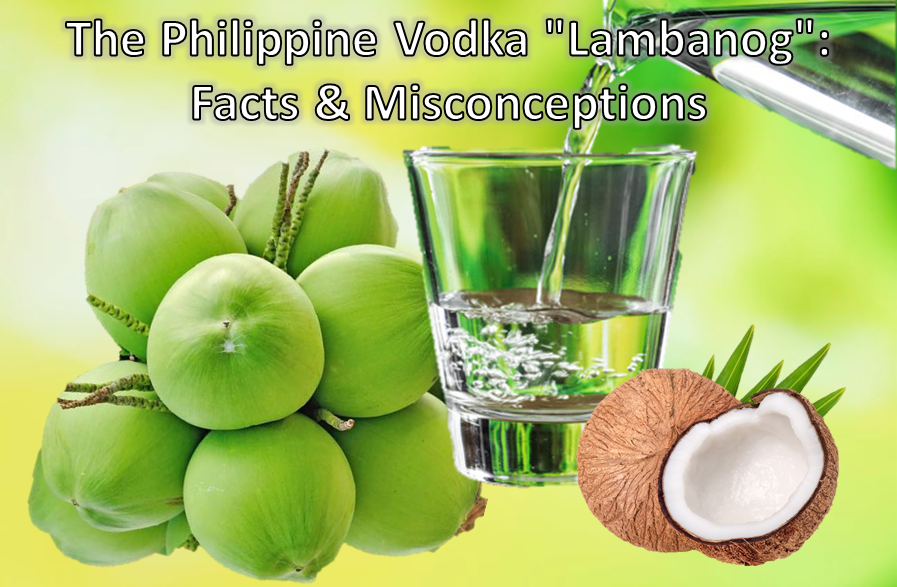
Coconut wine or Lambanog, dubbed as the Philippine Vodka, is natural and chemical-free alcoholic liquor obtained from distillation of naturally fermented coconut sap. It is known for its high alcohol content and potency. It contains a minimum of 30% alcohol and can be used as base liquor to other flavored spirits and cocktail concoctions. It is an indigenous product to the Philippines and an integral part of the Filipinos’ festive heritage.
Drinking coconut lambanog is widely popular on rural areas during special occasions, social gatherings, and events. Coconut lambanog is classified into pure and flavored coconut lambanog. Pure lambanog is unmodified, clear, and colorless commonly found on local stores. On the other hand, flavored lambanog has an added fresh fruits or FDA approved food colors and flavors fitted for more adventurous drinkers.
Lambanog is widely produced from different regions in the Philippines but it is produced dominantly in Southern Tagalog Region. Based on the inventory, Philippine Coconut Authority have registered 6 lambanog producers from Southen Luzon, SOCCKSARGEN and CARAGA regions. Some of them were already exporters and others were local market sellers. The prices of lambanog ranges from P37-P120 pesos per liter and an average of P63.49 pesos per liter.
Although lambanog has an increasing international market, trade data tracking export and import had been minimal in volume due to issues and concerns on the local production. Having known by the locals as “poor man’s drink” and as an adulterated unsafe drink due to the reported high methanol content, lambanog has been keeping up with the international liquors. A Philippine lambanog brand, Lakan, won medals in all eight international wine and spirit competitions it joined over the last three years. Lakan won two golds in Europe’s prestigious Monde Selections (in 2015 and 2017) and a double gold in a recently concluded China contest. Lakan also garnered three silvers and two bronzes in European and American competitions, proving global competitiveness. The international awards clearly shows that genuine lambanog is a great drink and not poisonous.
Reference:
https://pca.gov.ph/index.php/10-news/283-the-philippine-vodka-lambanog-facts-misconceptions
